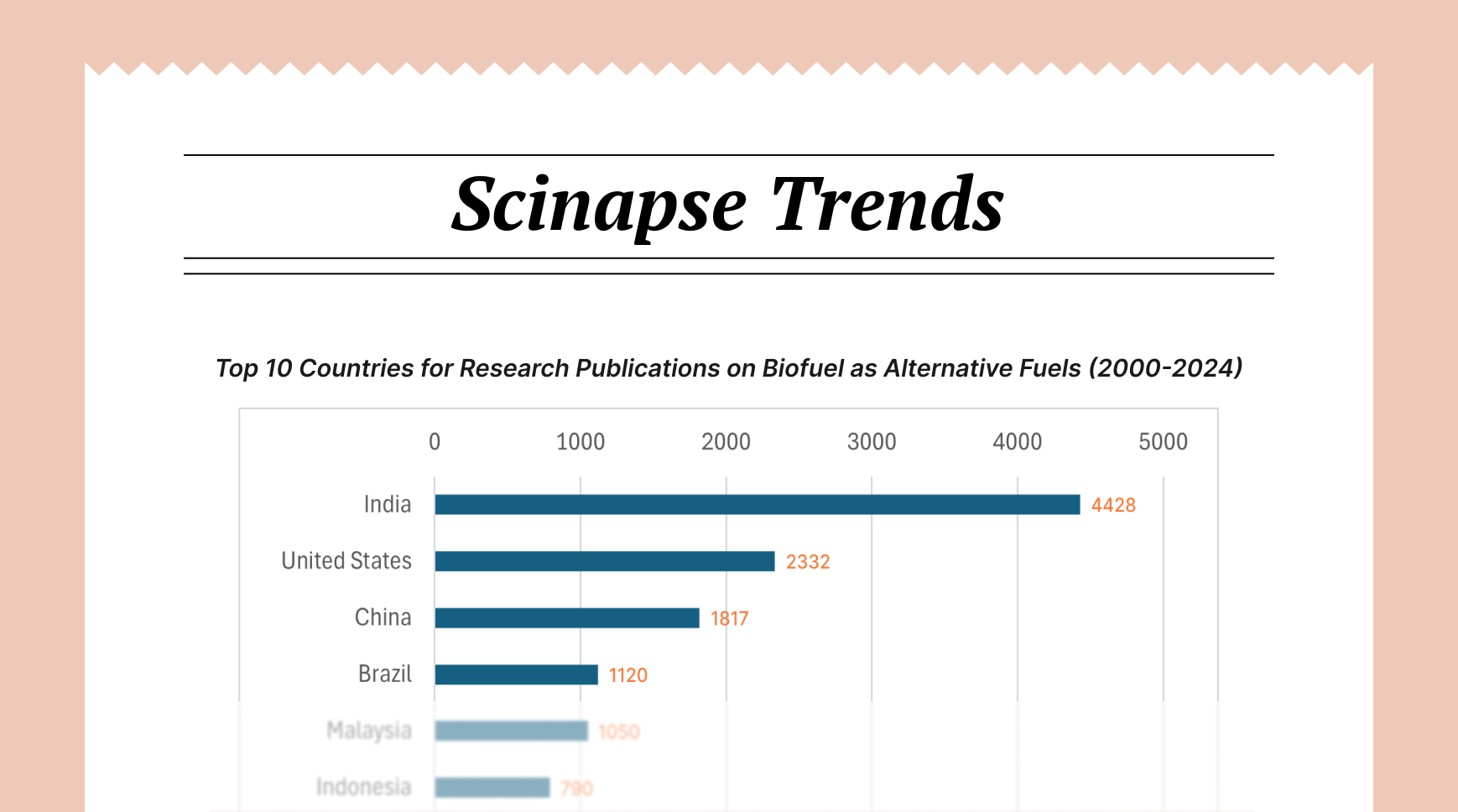Research Significance Evaluation: Best Practices and Recommendations for Researchers

Research significance evaluation has become increasingly crucial for academic institutions, corporations, and funding bodies to effectively assess the impact and value of research work. It not only guides future investigations but also ensures optimal resource allocation and strategic planning. This article explores the multifaceted approach to research significance evaluation, with a particular focus on modern tools and methodologies that have transformed this critical process.
Challenges in Research Significance Evaluation
As interdisciplinary research and the volume of published work continue to expand exponentially, evaluators face several significant challenges. Information overload has become a critical issue, with researchers struggling to filter through vast amounts of data to identify truly significant contributions. Access limitations and paywalls further complicate the evaluation process, potentially excluding valuable research from consideration.
Corporate researchers face additional challenges in balancing academic rigor with practical business objectives. The need to produce innovative research that aligns with strategic goals while maintaining scientific integrity creates unique evaluation requirements. Time and resource constraints often necessitate efficient evaluation methods that can quickly identify significant research without compromising accuracy.

AI Tools and Approaches for Evaluating Research Significance
Digital research intelligence platforms have emerged as powerful solutions to these challenges, offering sophisticated analysis capabilities that extend beyond traditional metrics. These platforms leverage advanced analytics and machine learning to provide deeper insights into research significance, considering multiple factors simultaneously.
Scinapse Research Intelligence: A Modern Approach to Evaluation of Research Significance
Scinapse Research Intelligence has emerged as a particularly effective tool for comprehensive research evaluation. Its approach combines traditional metrics with innovative analysis methods to provide a more complete understanding of research significance.
Core Capabilities:
- Real-time citation tracking allows evaluators to monitor the immediate impact of research
- Geographic and institutional filtering enables contextual analysis of research significance
- Citation relationship analysis reveals the interconnected nature of research impact
- Custom metric creation supports specialized evaluation criteria
Scinapse’s ability to analyze paper set quality and quantity provides evaluators with immediate insights into research significance within specific domains. This capability is particularly valuable for identifying emerging trends and assessing the relative importance of new research directions.
Best Practices for Research Significance Evaluation
Successful research evaluation requires a systematic approach that combines multiple methods and considers various perspectives. Key best practices include:
1- Setting Clear Objectives
- Define specific evaluation criteria aligned with organizational goals
- Establish measurable benchmarks for research significance
- Consider both short-term and long-term impact indicators
2- Implementing Systematic Review Processes
- Develop standardized evaluation procedures
- Incorporate multiple data sources and metrics
- Regular review and updating of evaluation criteria
3- Utilizing Multiple Evaluation Methods
- Combine quantitative and qualitative assessment approaches
- Consider domain-specific impact factors
- Include stakeholder feedback in evaluation processes
4 Recommendations for Research Significance Evaluation
To effectively evaluate research significance, researchers should:
1- Develop comprehensive evaluation frameworks that incorporate multiple metrics
2- Utilize modern research intelligence platforms to supplement traditional evaluation methods
3- Maintain regular monitoring and updates of evaluation criteria
4- Consider both immediate and long-term indicators of research significance
The evaluation of research significance continues to evolve, driven by technological advances and changing research paradigms. Thus, organizations must stay current with new research evaluation tools and methodologies while ensuring their assessment processes remain aligned with their strategic objectives. The future of research significance evaluation lies in the effective integration of traditional metrics with innovative approaches, supported by sophisticated digital platforms and data-driven insights.
Author: Uttkarsha B
- AI-Ethicist and STM Research & Publishing Expert
Never re-search again.
Scinapse is made by researchers for researchers.
Join the next generation of research at ⏯️ https://scinapse.io/
Pluto Labs
Pluto Labs helps researchers focus on their research by improving several inefficiencies in the academic research process. We offer data-driven insights from academic papers, allowing users to easily obtain review-level results for their desired range of papers.
https://pluto.im/





Comments ()